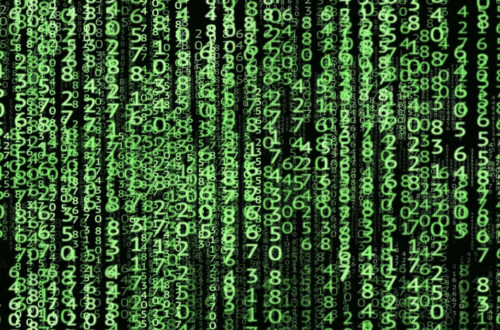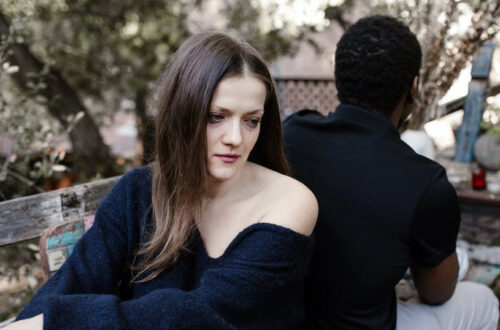
What is the deja vu effect?
Deja vu is a term used to describe the feeling that you have experienced a situation or a place before, even though it is your first time encountering it. The term comes from the French language, where it literally means “already seen.” It is a mysterious phenomenon that has puzzled scientists and psychologists for years. In this article, we will explore the deja vu effect, its causes, and what it tells us about the human brain. The deja vu effect is a strange feeling of familiarity that occurs when you encounter a new situation or place. It is not just a simple feeling of familiarity, but it is also accompanied by a sense of disorientation and confusion. You feel as if you have been transported back in time or have suddenly found yourself in a dream-like state. Deja vu can last for just a few seconds or for several minutes, and it can be quite unsettling. The causes of the deja vu effect are not yet fully understood, but several theories have been put forward. One of the most popular theories is that it is caused by a glitch in the brain’s memory system. According to this theory, when you encounter a new situation, your brain tries to retrieve information from your memory to help you understand and process the new experience. However, sometimes the brain retrieves information from the wrong part of your memory, and this causes a sense of familiarity. Another theory is that the deja vu effect is caused by the brain’s ability to process information unconsciously. According to this theory, when you encounter a new situation, your brain processes the information at an unconscious level, and this creates a feeling of familiarity. Later on, when the same information is processed consciously, you experience the feeling of deja vu. There are also some who believe that the deja vu effect is caused by psychic abilities or past life experiences. However, there is no scientific evidence to support these claims. Regardless of the cause, the deja vu effect is a fascinating phenomenon that tells us a lot about the human brain. It shows us that the brain is capable of processing information at an unconscious level and that it can retrieve information from the wrong part of our memory system. It also shows us that our perception of reality is not always accurate and that our brain can sometimes play tricks on us. The deja vu effect is not a rare occurrence. In fact, it is estimated that up to two-thirds of the population have experienced it at least once in their lifetime. It is more common in younger people and those with higher levels of education. It is also more likely to occur when you are tired or stressed. There are several ways to trigger the deja vu effect. One of the most common ways is to expose yourself to new experiences and places. This can help your brain to retrieve information from your memory system and increase the likelihood of experiencing deja vu. Another way is to watch movies or read books that feature scenes or situations that you have never experienced before. This can also help to trigger the deja vu effect. In conclusion, the deja vu effect is a mysterious and fascinating phenomenon that has puzzled scientists and psychologists for years. While its causes are not fully understood, it is clear that the human brain is capable of processing information at an unconscious level and that it can sometimes retrieve information from the wrong part of our memory system. The deja vu effect is a reminder that our perception of reality is not always accurate and that our brain can sometimes play tricks on us. If you have experienced the deja vu effect, consider it a reminder of the complexity and wonder of the human brain.




